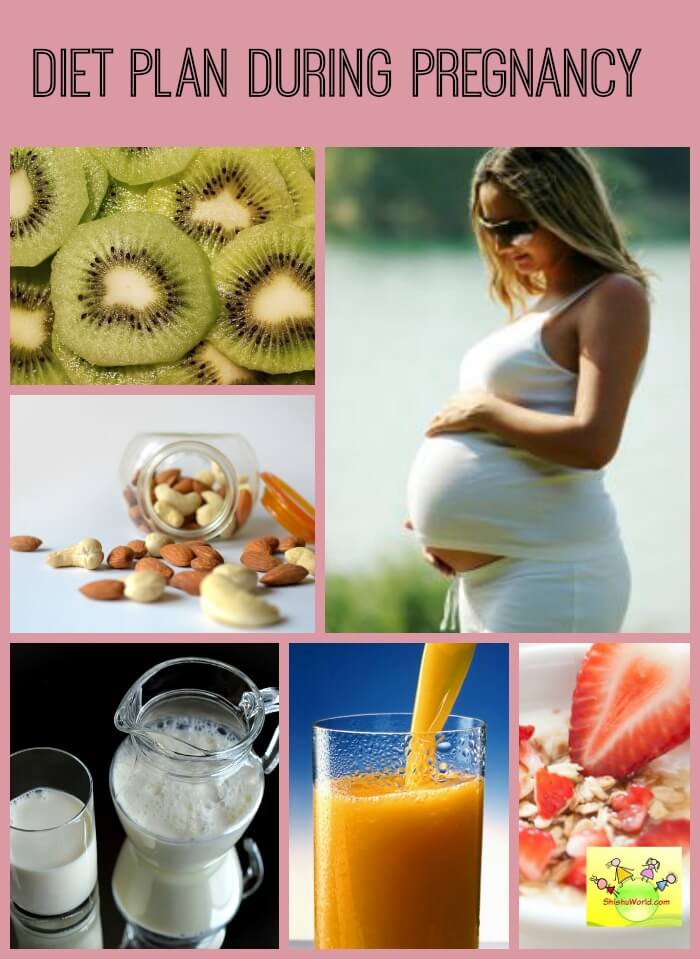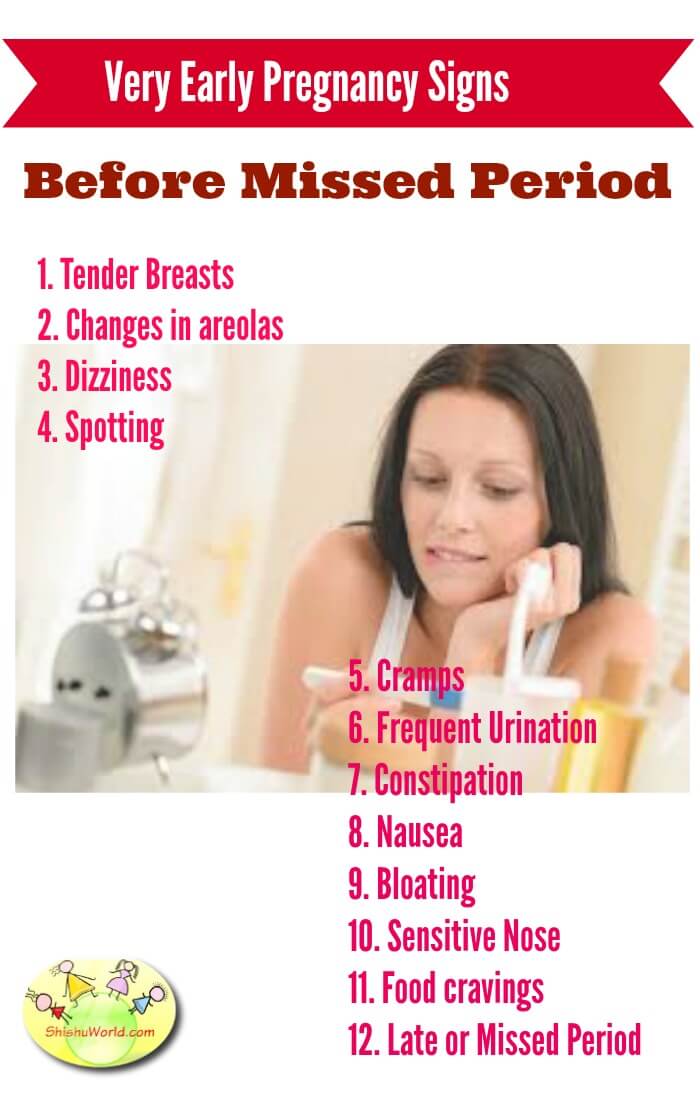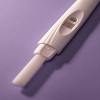 Diet is on top of every pregnant woman’s mind. Eating for two does not mean, you need to eat twice as much, but well-balanced diet with some extra calories for the development of the baby is required. Your body works extra-hard in making the baby and needs adequate energy as well as nutrition for the job.
Diet is on top of every pregnant woman’s mind. Eating for two does not mean, you need to eat twice as much, but well-balanced diet with some extra calories for the development of the baby is required. Your body works extra-hard in making the baby and needs adequate energy as well as nutrition for the job.
Eating early on in pregnancy
It is important to maintain a healthy diet as soon as pregnancy is confirmed. Women who have morning-sickness and cannot keep anything down should just strive keep their energy levels up by eating small frequent meals. Queasiness is more often reported after a heavy meal, so keep your meals light and not fatty.
Your doctor will put you on folic acid as soon as your pregnancy is confirmed and even before if you are planning the baby. Follow doctor’s advice religiously and take all medications prescribed to you. Take a wholesome diet which has all food groups.

What to Eat during pregnancy?
Diet during pregnancy is not any different from regular diet. You only need about 300 extra calories during early pregnancy, about 350 during mid-pregnancy and close to 500 extra calories during late pregnancy when your baby is much bigger, so eating well-balanced meals rather than too much should be the mantra. Your meals should be good, balanced mix of lean protein, whole grains, dairy, fruits and vegetables as well as healthy amount of fats.
Energy
Whole Grains, Cereals and Pulses are rich sources of carbohydrates as well as protein. These are good for you and your baby. These will keep constipation and nausea in check.
Calcium
Milk and Milk products. Skimmed milk, yogurt, paneer, buttermilk are all great for you during pregnancy. You should have about four portions of calcium-rich food in a day. It can be in any form. Even greens like spinach are rich in calcium. Your doctor may also start you on a calcium supplement.
Protein
Your diet during pregnancy should be rich in protein. You should include about 3 servings of protein-rich food-items in your daily diet. If you are vegetarian, milk and dairy product will provide you enough protein. Dals ,pulses and nuts such as walnuts and almonds are high in protein and are a part of regular Indian meals. Soya is a wonderful vegetarian and non-dairy form of protein. If you are non-vegetarian, eggs, fish and meat can provide concentrated protein. Ensure to take lean meats, skinless chicken and fresh fish.
Vitamins & Minerals
Vitamin C is very important in a pregnant woman’s diet and is abundantly available in all citrus fruits. Potato and sweet potato with skin also is an excellent source of Vit C. You can get Vit E, Vit A, riboflavin, folic acid and other B vitmains, iron and many other minerals from green leafy and yellow vegetables. Whole grains and legumes are also rich in vitamins and minerals.
Fats
Fats are an essential part of any diet and should be consumed in moderation. Especially beneficial are Omega-3 fatty acids, most notably DHA, in third trimester for the development of baby’s brain and eyes. You can get your daily requirement of fats from oil, butter, ghee, nuts and dairy. Keep in mind to take these in moderation to ensure adequate weight gain.
Fluids
It is very important for everyone to take adequate amount of fluids daily, but even more so for a pregnant lady, as you need to drink to fulfill requirements of your baby too. If you are retaining a lot of fluids, it is even more important as having less water will only make the condition worse. Your fluids will come from water, milk, juice, coconut water, soups. Fruits and vegetables also contain a lot of water.
What not to Eat ?
There are some food-items you should avoid during pregnancy as they can be unsafe for the baby.
Alcohol
You should not take any alcoholic drinks during pregnancy as it can cause physical defects and disabilities in baby.
Raw meat or eggs
It is important to have well-cooked food during pregnancy as under-cooked food can have bacteria.
Unpasteurised milk
Never consume raw, unpasteurised milk as it can contain listeria.
Raw seafood
Raw or under-cooked seafood such as sushi, sashimi, oysters, clams etc should be off your menu during your pregnancy, as these can contain bacteria and can make you sick.
Large fish like shark, swordfish, king mackarel and tuna can contain concentrated and dangerous levels of mercury, which can be harmful for baby’s developing nervous system.
Caffeine
Reduce the amount of tea and coffee that you consume throughout the day.
Papaya and Pineapple are said to cause abortion, though there is no proof. It is a good idea to avoid these during early pregnancy, especially if you have a history of abortions or complication during pregnancy.
Healthy weight gain during pregnancy
Healthy weight gain during pregnancy varies from 8kgs to 15 kgs. Your doctor will keep track of your weight gain during your monthly check-ups, so focus on eating well rather than worrying about weight gain and binging to gain that weight which everyone thinks you should have gained. During first 3 months, you may even lose some weight if you suffer from morning-sickness. Don’t fret over it, there is plenty of time to gain all that weight. Eat small, frequent, five to six, meals instead of regular three meals a day.
Don’t give up on all your favorite foods just because you are pregnant. Treat yourself once in a while, as long as it is safe for you and the baby.








I am expecting a baby girl and I want her to be healthy, so thanks for the tips.
Can you please share the safe ways and eatables for having a fair child.